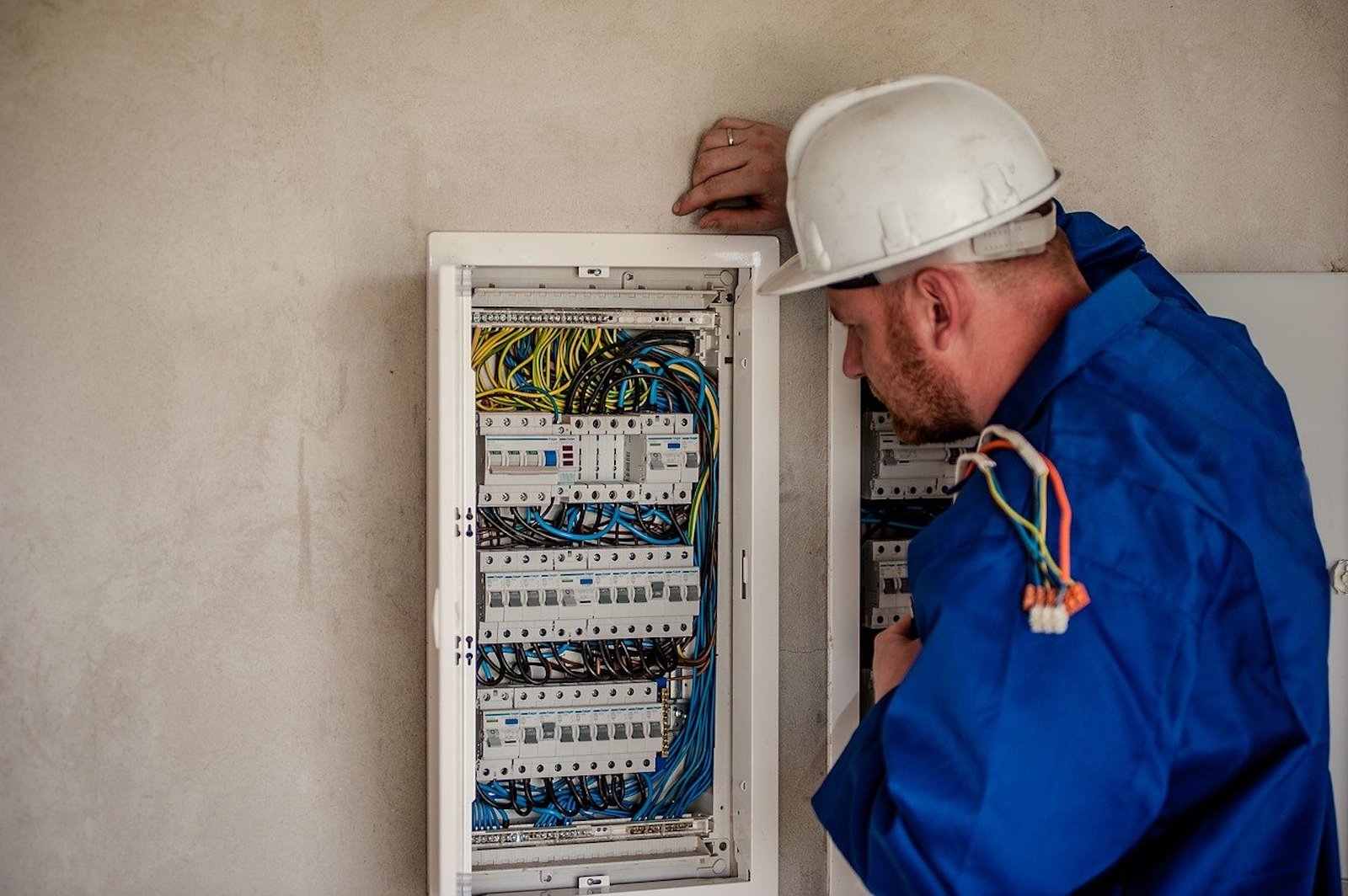Proposed changes to the Massachusetts energy code would provide incentives for builders to fully electrify buildings, but not impose a ban on natural gas hookups.
The state’s Department of Energy Resources recently proposed updating the stretch energy code used by 85% of Bay State towns and cities. The department also proposed another stretch code option that could be adopted by communities.
It would include the option for homes or businesses that use fossil fuels to install on-site solar panels where feasible and include electrical wiring needed for easy conversion to electric systems. The changes address 2021 legislation that required Massachusetts to reduce greenhouse gas emissions by at least 50% below 1990 levels by 2030.
The state is aiming for net-zero economywide emissions by 2050.
Related Stories
| Jul 17, 2013
EPA continues work on new federal stormwater regulations that are expected to impact development
The Environmental Protection Agency continues to develop new stormwater regulations that are expected to force project developers to write stormwater considerations into designs.
| Jul 11, 2013
DOE releases stricter energy efficiency standards for new federal buildings taking effect in 2014
The Energy Department released stricter energy efficiency standards this month for new federal buildings.
| Jul 11, 2013
Pennsylvania legislators work on bill to update demolition codes following fatal building collapse
Pennsylvania lawmakers are working on a bill to update demolition codes, in the wake of a fatal building collapse in Philadelphia in June.
| Jul 11, 2013
Lawsuit challenges modular apartment project in New York City
A plan to build pre-fab apartment buildings at Atlantic Yards in Brooklyn, N.Y., has been challenged by a lawsuit filed by the Plumbing Foundation in Manhattan Supreme Court.
| Jul 5, 2013
OSHA to launch program to protect workers from isocyanate exposure
The Occupational Safety and Health Administration (OSHA) has announced a new national emphasis program (NEP) to protect workers from serious health effects caused by occupational exposure to isocyanates.
| Jul 5, 2013
New California building code expected to boost energy demand response technology
The California master building code, set to go into effect on Jan. 1, 2014, includes a few changes that could push automated, open-standards-based demand response into the mass market.
| Jul 5, 2013
USGBC adds several new LEED pilot credits
The U.S. Green Building Council has added several new LEED pilot credits to the LEED Pilot Credit Libraryin the past few months.
| Jul 5, 2013
Spray Foam Coalition supports new professional certification program for applicators
The Spray Foam Coalition (SFC) of the American Chemistry Council announced its support of the Spray Polyurethane Foam Alliance’s (SPFA) new Professional Certification Program for spray foam applicators.
| Jul 5, 2013
Some industry insiders see design-build as easier path to LEED certification
The design-build construction delivery method may have advantages during a LEED certification process.
| Jun 27, 2013
Lease-accounting legislation could hurt construction industry
Regulatory bodies have proposed changes in how leased equipment is treated on a corporate balance sheet.
















